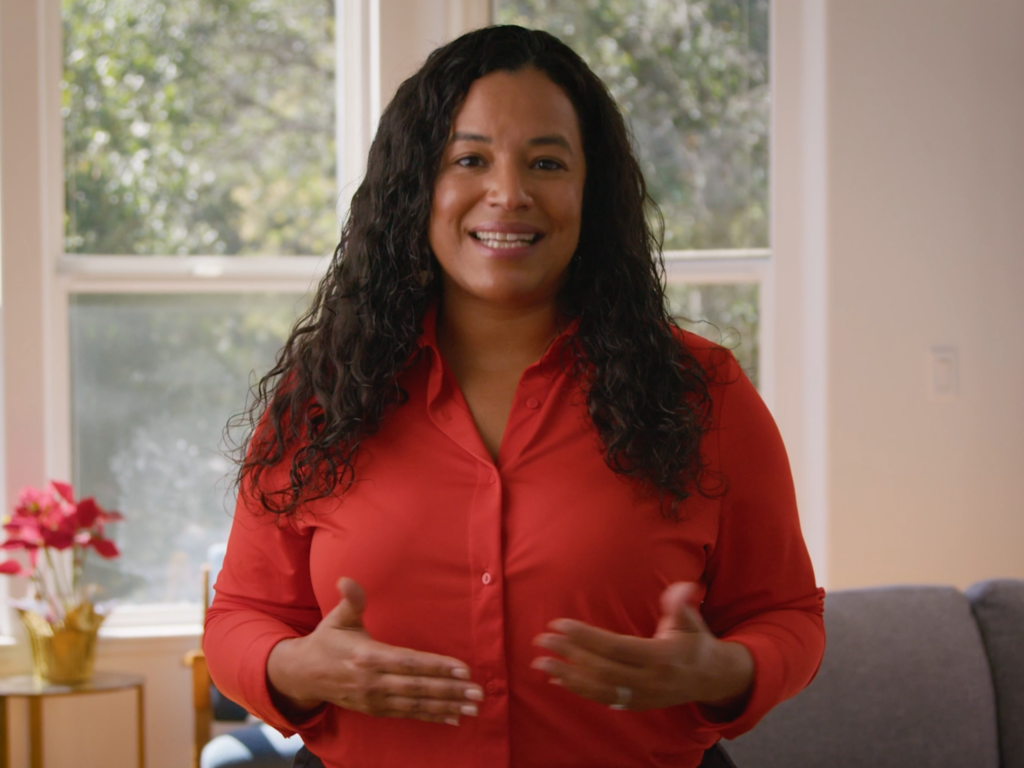From New York City to Nevada, the heat is on teacher tenure. Predictably, the Times quotes NEA President Dennis Van Roekel pushing back against the momentum. However, in so doing, Van Roekel asks a great question: “Why aren’t governors standing up and saying, ‘In our state, we’ll devise a system where nobody will ever get into a classroom who isn’t competent’?” (Nevermind that tenure is supposed to be a system that at least prevents incompetent teachers from continuing in the classroom). Van Roekel is on point here. Raising the bar for entry into the profession might not only weed out those ill-suited for teaching, it might also raise the status of teaching.
The states have a vital role to play in ensuring that only effective teachers are completing teacher preparation programs and going on to enter the profession. However, as a new policy brief from Education Sector points out, states have tried all kinds of tricks to avoid holding teacher preparation programs accountable, including by defining program quality as the percentage of program participants who pass the program’s entrance exam. With such a checkered record, it’s unlikely that many states will build meaningful accountability systems without demands from other stakeholders.
The Ed Sector brief makes a strong case for the federal government to incentivize state action on teacher preparation. However, pressure must also come from the preparation programs themselves advocating for a higher standard of performance. In Washington, DC, and Baltimore, the Urban Teacher Center (UTC) is doing just that. UTC is combining originally-crafted coursework with a year-long residency program and instituting multiple performance gateways to ensure that only aspiring teachers who have demonstrated effectiveness will receive certification and enter the classroom as teachers of record. This fall, I visited with members of UTC’s inaugural cohort in Baltimore. When asked why they chose UTC over the many other programs with lower exit requirements, participants were unequivocal: why would anyone want to enter teaching if you weren’t going to make a positive impact on students?
Capable teachers want to be held to a high standard. Programs like UTC want to be held to a high standard, too. If the NEA is doing more than deflecting attention from the tenure debate and is serious about filling its ranks with teachers who have demonstrated effectiveness, it might continue to press for states to raise the bar for entry into teaching. That might not change the fate of tenure, but it would be the right thing for children.


